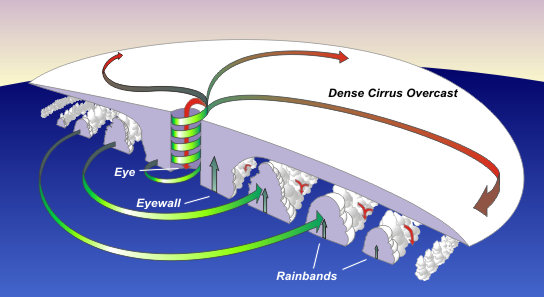Three years in to my career as an FE lecturer is a good time to reflect on how teaching has changed me. I expected to completely lose my social life (check), to consider six hours sleep a really good night (check), and to be doomed to never make it through an entire episode of "Law & Order" (check). But there are some interesting symptoms that I didn't predict...
- Seeing friends on a "school night" is only feasible if they come over to see you, bring food, and only stay for an hour.
- Breaking out the high heels for an awards ceremony results in serious muscle pains the next day.
- Alcohol tolerance becomes inversely proportional to desire for said alcohol.
- Everyone you work with is taking omeprazole.
- Your body has evolved a mutated form of glucocorticoid that prevents all inflammation and immune response symptoms save for a constantly itchy soft palate.
- The sight of this man can make you want to punch your hand through your computer monitor.

- Every news story about a shooting or stabbing of a young person induces a reflex "Please don't let it be one of my students" thought.
- You become a fierce advocate of students and young people, to the point that your friends have to remove you from pubs before you glass a Daily Mail reader.
- If you weren't before, you're now left-wing.
- Finally you are now in an environment where your astounding ability to lower the tone of a conversation is not only tolerated, but appreciated, nay, envied.
- You'd rather hang out with your students than some of the friends you have from university.
- You're on first-name terms with the guy who runs the coffee shop, your Dominos delivery driver, and the brothers that own the Costcutter, but you hardly know your neighbours.
- One day you find yourself saying "init".
- The first few times this horrifies you.
- After a while, you say "init" in a wholly non-ironic way. Init.
- You have a "look" that can stop anyone in their tracks, from your students, to some kids talking during a film, to your own spouse.
- You have picked an outdoor lunch spot that provides the best opportunity to give a bollocking to the greatest number of students as they pass.
- Your colleagues refer to this as your "drive-by bollocking".
- On the third Thursday of August you buy a copy of the Torygraph and a box of man-size tissues. Without fail.
- You find yourself entertaining insane thoughts like "It'd be great fun to set up a Duke of Edinburgh award group at College".
- You've managed to infect close family members with this psychosis.






